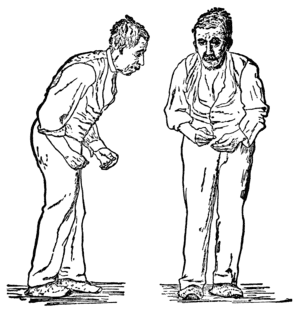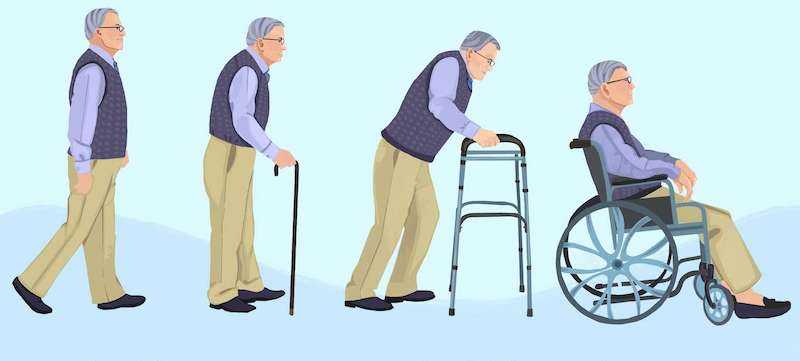At the initial stage, here are no significant symptoms of the disease. There may be subtle symptoms, such as a slight tremor in one hand or resistance to movement. Among the early signs of Parkinson's disease, there may also be a subtle slowing of movements and mild balance problems. These symptoms may be mild at first and belittled.
Intermediate stage. As the disease progresses, symptoms become more noticeable and affect daily functioning. The tremors and stiffness may become more severe, and the slowness of movement may make it difficult to perform simple activities such as writing or dressing. Balance problems may also occur, which increases the risk of falls.
Advanced stage. In the advanced stages of Parkinson's disease, the symptoms are more severe and significantly affect the patient's ability to carry out daily activities. Muscle stiffness can be very burdensome, limiting mobility and leading to difficulty walking. In the advanced stage, there may also be difficulties with speaking, impaired balance and coordination, and problems with swallowing.
Advanced stage with complications. In some cases, after many years of Parkinson's disease, treatment-related complications may arise. Among them may be:
Fluctuations in the action of drugs, the so-called on-off when symptoms improve and worsen irregularly, dyskinesias (uncontrollable movements), and neuropsychiatric disorders such as hallucinations and memory problems.
The course of Parkinson's disease is very individual and may vary from patient to patient. Parkinson's disease affects the patients, their families, loved ones, and social functioning. It requires a multifaceted approach, care, and support from medical professionals to help patients manage their symptoms and maintain the best possible quality of life.


